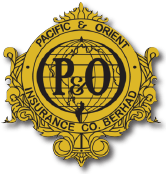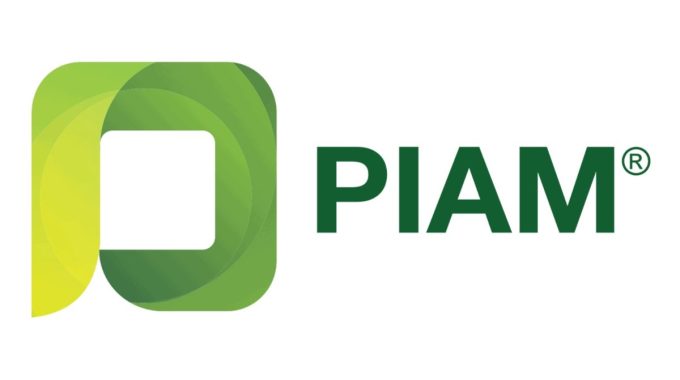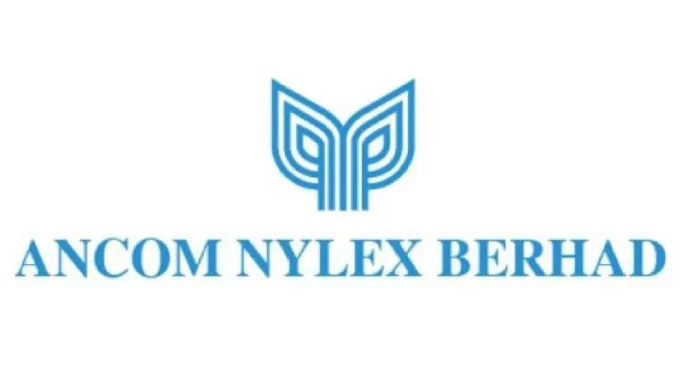
Car owners left stranded by ignorance, complacency about insurance
How many people in Taman Sri Muda, Shah Alam, who suffered last week’s catastrophic floods would have been protected by special perils motor insurance?
Most of the motorcar franchise workshops say less than 2% of the flood-damaged cars that have been sent for repair are insured against special perils, which include floods.
Let’s be generous and say 5% were insured.
That means most of the car owners in Taman Sri Muda will be financially affected by flood damage. Almost every friend or relative you have living in Taman Sri Muda would welcome help in one way or another.
We haven’t even touched on uninsured property, for example homes and household items such as electrical appliances and furniture.
An owner of a typical small car, flooded up to window level while parked and with its engine switched off, will need to spend up to RM1,700 on changing all engine fluids, servicing and drying out electronic components, and cleaning and blow drying the seats and upholstery.
For a mid-size South Korean car driven into the flood until water damaged its engine beyond repair, a replacement half-cut engine would cost about RM17,000 while a new engine would set the owner back around RM54,000.
The owner would also have to continue servicing the hire purchase instalments for the next three to six months while the car was being repaired. Those without special perils coverage would not be able to consider starting repairs due to financial constraints.
During that time without a car, the owner would have to pay for an alternative mode of work-related travel, including commuting to office.
The financial disaster brought by the floods would have been ameliorated if the central bank had fully liberalised Malaysia’s motor insurance sector to allow it to progress to higher levels based on competition to provide good service to its customers based on education and what customers need and can afford.
The floods have revealed the paucity of modernity in almost all the participants in Malaysia’s insurance industry leading to the under-insurance of urban Malaysians, including vulnerable working-class residents in Taman Sri Muda, in Shah Alam’s Section 25.
If we had a completely liberalised insurance industry as Bank Negara Malaysia (BNM) envisioned 10 years ago, then we would have a more educated class of urban working Malaysians.
Insurance companies would be able to mount marketing campaigns to educate car owners that a special perils clause is 60% cheaper and now more affordable than five years ago when motor insurance was still fully “guided” regarding prices.
Car owners would be educated that even first-party coverage is not as comprehensive as it is named: special perils, legal liability, betterment are optional items, and insurance agents have an uphill task selling these protections.
The floods have exposed the vulnerability of the urban working class, and we should be reminded that one of the prime reasons for nurturing the insurance industry is so that it can provide a better social safety net.
BNM and the finance ministry should be guided by this and recognise that the competition which follows liberalisation is the only proven way to minimise under-insurance and optimise social security.
It’s time for the financial sector to be more professional and innovative, rather than be controlled by self-serving underwriters and managers who are more concerned with their bottom-line results and their bonuses, rather than being cognisant of their social responsibility to insure the mass market: those who need insurance including urban workers who have minimum resources to draw on in times of need.
The floods are also a wake-up call to the government that a progressive and innovative insurance industry is needed to cope with the new threats of global warming to life and property.
And now is not the time to withhold federal government agencies from serving an opposition state, Selangor.
Four tips for car owners
There are at least four things to learn from climate change, as the floods have highlighted:
- If you have a new or newer car, buy the special perils policy to insure against floods. It is about RM100 for every RM100,000 coverage and is much cheaper than in 2016 when it was about RM500 for every RM100,000. This value for money deal started from 2016 when BNM began its slow pace into de-tarification of motor insurance.
- Avoid driving into a flood if most of the other cars are parked by the higher parts of the road. It’s cheaper to repair a car that was stationary and with its engine switched off, than to repair and change the engine of a car that was driven into water higher than the engine’s air intake.
- Park your car on high ground and walk the rest of the way home if there’s a weather warning. For your own monitoring purposes if you live in flood-prone areas like Taman Sri Muda, you might like to download and subscribe to the Disaster Alert App by the Pacific Disaster Centre on your App Store. As global warming is shifting weather patterns, we are in danger of being in the typhoon zone – a tropical depression is prelude to a typhoon.
- Insure your car at its proper value. As Malaysia is a generally safe environment without typhoons, earthquakes and tsunamis, there is complacency among the people and government disaster and relief agencies. Global warming is creating more extreme events and at increasing frequency. Our risk profiles will change and similarly, our insurance needs.
Companies giving flood aid
Modenas, Perodua and Proton have announced flood assistance packages to help their customers, with Proton extending a generous towing service of up to RM200 in costs when accompanied by a police report of the car being submerged in the flood.
To read the full article, click here.
BY YAMIN VONG
Related Posts
Up to RM3 Billion payout for flood-related insurance claims and general insurance industry pledges additional RM2.4 Million CSR Initiative
Kuala Lumpur, Tuesday, 28 December 2021 – Due to unusually severe floods as widely reported in…
Insurer or tech company? With PrOmilej, POI shows that it can be both
KUALA LUMPUR, Nov 19 — What happens when you are knocked off your perch after…
Pacific & Orient sells 23.26m Ancom shares for RM57.6m
KUALA LUMPUR: Pacific & Orient Bhd and its subsidiary, Pacific & Orient Insurance Co. disposed of 23.26…




